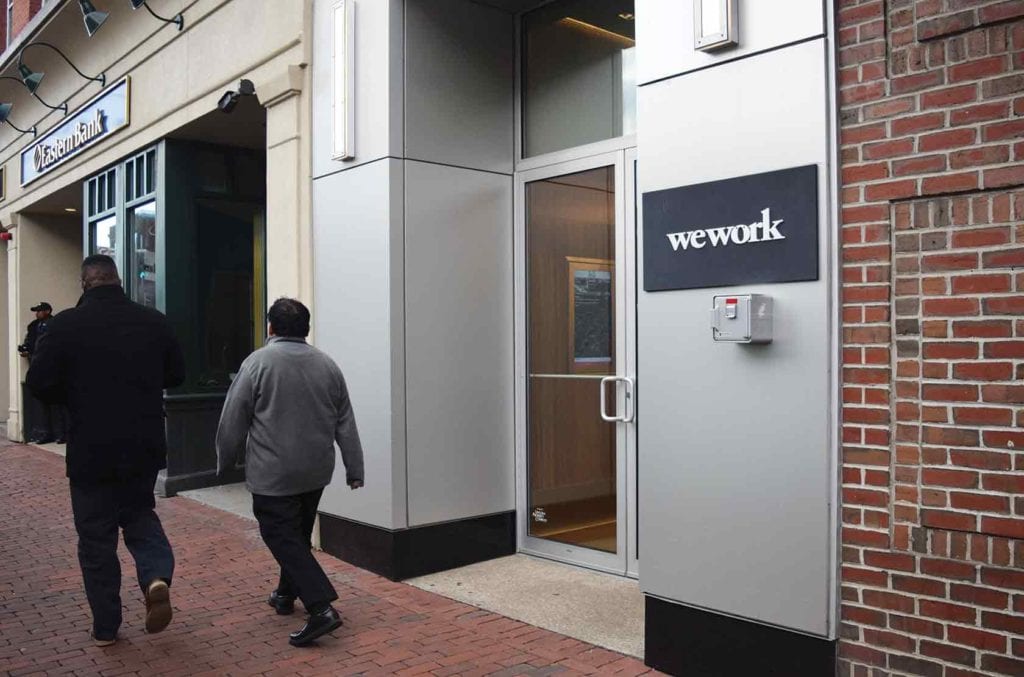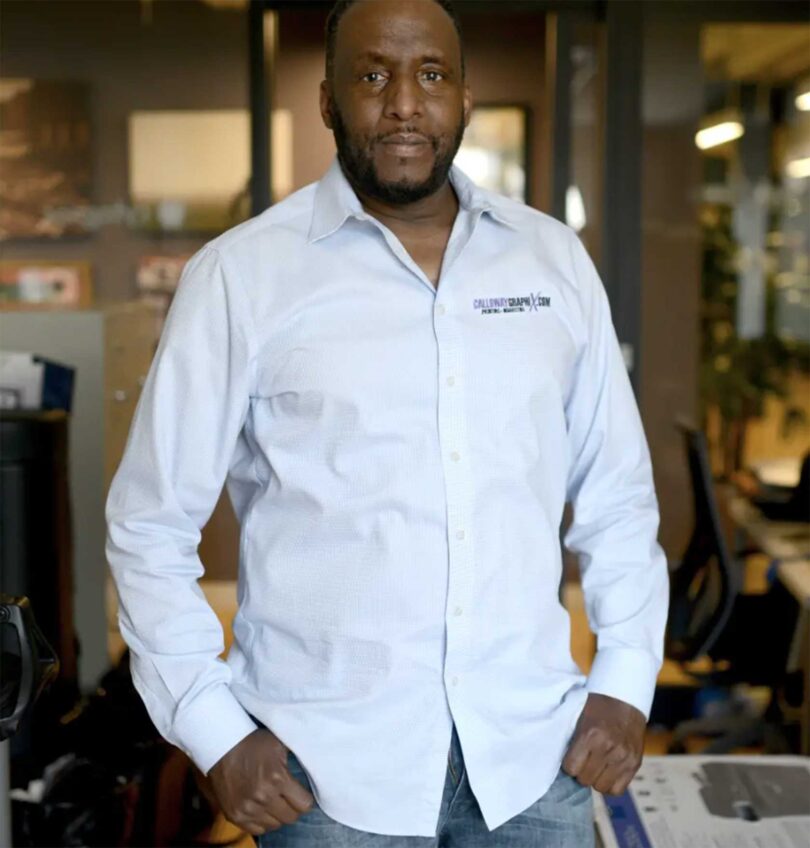Self-employment success
Freelance workforce grows while costs remain a challenge

Although recent statistics have shown that the U.S. freelancer workforce is growing, living costs in metropolitan areas continue to serve as a barrier to using freelancing as a sustainable source of income, especially in Boston.
A 2017 study commissioned by Upwork, a freelancing website, and the Freelancers Union, a labor organization, estimates that there are 57.3 million freelancing American workers, making up 36 percent of the total U.S. workforce. Conducted by independent research firm Edelman Intelligence, the study surveyed 6,000 U.S. working adults over the age of 18 between July 21 and Aug. 14, 2017.
The report, titled “Freelancing in America: 2017,” indicates that the freelance workforce is growing at a faster rate than the overall U.S. workforce: From 53 million freelancers in 2014, the number rose to 57.3 million this year (8.1 percent growth), while the total U.S. workforce grew from 156 million to 160 million in the same time frame (2.6 percent growth).
The top motivators given by survey respondents for choosing to freelance are the desire to be their own boss, decide when and where they work, choose their own projects and earn extra money.
Julie Pierce Onos, a certified holistic nutritionist from Acton, Massachusetts, has been working with private clients for about a year. Prior to being self-employed, Onos says she worked full-time for a government agency.
“Sometimes it’s hard. You go from having a steady paycheck to really having to hustle to get clients,” says Onos. “But the payoff is that I’m doing work that I really love.”
Some people decide to freelance because they don’t have other employment options and do it out of necessity. In the “Freelancing in America” study, only 63 percent of surveyed respondents said they are freelancers by choice.
The study defines freelancers as individuals who engage in supplemental, contract-based, or temporary work within the past 12 months. Only 29 percent of surveyed freelancers are full-time freelancers.
Covering costs
Ngoc-Tran Vu, a community organizer and freelance artist from Dorchester, says she does various artistic gigs for private clients, nonprofits and community groups. Her rates vary depending on the scope of the project, but some clients offer to cover the costs of materials, or provide a stipend of a couple hundred dollars, while others don’t offer anything.
“I’m working towards being a full-time artist, but right now, it’s not sustainable,” she says. “I rely on my full-time job.” Vu is currently program director for the Association of Independents in Radio.
Another study conducted by COMMERCIALCafé, a real estate listing and data provider, offers some insight as to why the majority of freelancers still maintain day jobs: housing and work space costs.
COMMERCIALCafé used average monthly housing expenses, taken from RENTCafé’s August 2018 apartment rent data, and coworking rates at WeWork locations across the U.S., to calculate costs that self-employed workers might incur.
The study found that in Boston, a freelancer working 40 hours a week, 52 weeks a year, would have to charge clients $75 per hour for their services to afford an apartment by themselves and a dedicated desk at WeWork. If splitting housing costs with a roommate, that rate decreases to $42.40 per hour.
The average hourly rate charged by U.S. freelancers is $38 per hour, according to a 2017 survey published by Hubstaff, a time tracking software company. Boston freelancers making $38 per hour would need to work 85 hours a week in order to afford both housing expenses and a private office at WeWork, 80 hours a week for housing and a dedicated desk at WeWork, and 77 hours a week for housing and a hot desk at WeWork.
Keeping overheads down
Onos, who works as an independent holistic nutritionist full-time, keeps her operational costs down by working from home.
“I work mostly through the phone or through facetime with clients,” she says. Her main service is a 12-week holistic health program called “Nourishing Your Body, Mind, and Spirit.” She also offers a special type of facial massage at a salt cave in Maynard, Massachusetts, part of a partnership she has with the spa where the salt cave is housed.
“Right now, I’m going to continue to work from home to keep costs down,” she says. “I don’t have overhead in the sense of a workspace.”
Vu conducts her freelance work from home too, if the client does not offer up a workspace. Not having a separate dedicated workspace is something she keeps in mind when responding to freelance requests. “It’s challenging only when I have a big project that requires a big space,” says the artist, who has worked on large-scale murals. “But a lot of my work leans towards digital and photography work.”
She adds, “For artists of color in Boston, it’s a huge challenge if you don’t have space and you can’t work on public or large-scale art,” which most likely would result in large-scale compensation.
Setting fair prices for their skills and services in order to work sustainably and afford living costs is a common challenge among freelancers.
“In the art field, there isn’t a rate guide,” says Vu. “There’s no standard. It depends on your reputation and your relationship with the client.”
Onos says she does not disclose her prices upfront, since her services are highly individualized per client, but “I’m definitely in the ballpark of other holistic nutritionists,” she says. According to Thumbtack, an online service that matches customers with local independent professionals, private nutritional consultants charge an average of $60 to $90 per hour in the Greater Boston area.
“The biggest challenge was coming from being employed and then figuring out how much I should value my time,” says Onos. “Especially when you’re excited about what you’re doing. You’d like to do some things for free, but that’s not sustainable.”
By the numbers
A report commissioned by Upwork, a freelancing website, and the Freelancers Union titled “Freelancing in America: 2017,” found:
57.3 million: The number of freelancing workers in the U.S.
36 percent: The percentage of the U.S. workforce made up by freelancers.
8.1 percent: The amount of growth in the U.S. freelance workforce between 2014 and 2017.
2.6 percent The amount of growth in the overall U.S. workforce between 2014 and 2017.






